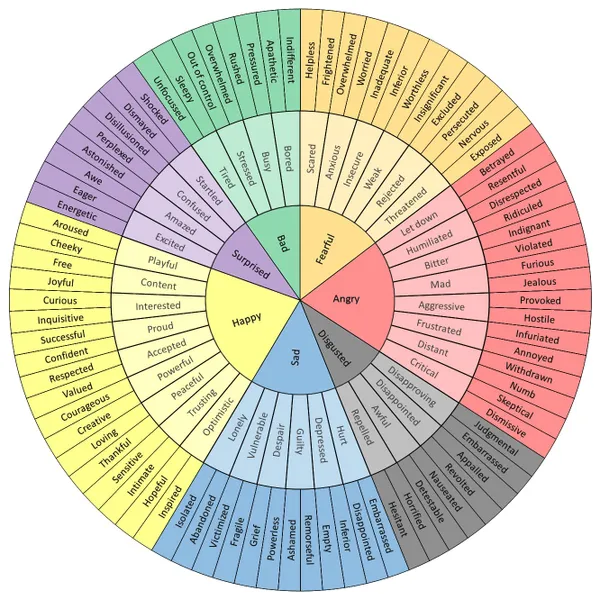Quitting Social Media for a Year
In March 2020, I decided to uninstall Snapchat and Instagram from my phone and it was probably one of the best decisions I made for my physical and mental health. For context, I typically used Instagram, Snapchat, and Facebook on a daily basis. While I rarely posted, I spent a lot of my free time mindlessly scrolling through my newsfeeds. As someone who constantly strives towards growth and learning, I found myself constantly comparing myself with others’ success in a non-healthy way. Thoughts such as “Oh, this person got into this school” and “That person got promoted at this job” were constantly popping up.
To help organize this topic, I want to introduce the concept of rating your emotions, which is a practice used in Cognitive Behavioural Therapy. We often interchange the phrases “I think” and “I feel,” which can impact the way we identify our feelings and how we cope with a situation. For example, I might say “I think using social media is harmful to my mental health” to outline my opinion on a matter whereas “I feel overwhelmed when I engage in constant social media” identifies how I feel. If you were interested in a quick read understanding your emotion, Susan David wrote a helpful article on communication in the Harvard Business Review. She mentions three ways to understand your emotions:
- Broaden your emotional vocabulary
- Consider the intensity of the emotion
- Write it out

With respect to the first point, I personally enjoy using the Feelings Wheel created by Geoffrey Roberts. It has been helpful to identify a specific feeling rather than falling back on using sad, happy, and angry, especially when I am communicating with others.
Let’s go back to my social media usage. If I were to rate how using social media made me feel from one to ten with ten being feeling at my lowest mentally, I would give it a rating of six. I noticed that, after quitting social media, I was able to celebrate my friends’ successes in a more positive way that also inspires me to work hard towards my goals. While I no longer use Snapchat and Instagram, I currently still use Facebook to connect through messaging and my school groups. Using the scale I mentioned earlier, when I reflect on my current social media use, I would give a rating of two. Essentially, I have noticed improvements in my mental health and how I feel and think about myself.
So, what are some things that I have noticed from not using social media for almost a year?
1. I still talk to the same amount of people as before.
Although I can’t send a snap of my meal through Snapchat, my friends and I now send each other photos through messages instead. A few more steps involved but now I am sending my photos (and receiving them) from specific friends rather than a list I click through each day. I used to send snaps to a large list of people, most of whom I didn’t speak to regularly but just needed to keep the streak going.
2. I engage in more meaningful content.
Since I need to actively look up content, I have more control over what the type of content I engage in. I now like to spend my time listening to podcasts or calling a friend while I go for a walk, not worrying about keeping snap streaks alive, and reading the news (not every day though, this can get draining too).
3. I spend time reflecting and developing myself in an constructive way.
This is probably the biggest change for me. Most of the time, we are going to post about our highlights and wins on our social media. People are more likely to post about a promotion or a new job instead of them getting fired. Rather than focusing on what people are up to, especially people I may not be close with, I noticed that I have spent more of my time reflecting on my values and intentions. Now, I tell myself “I would like to be ____” instead of “I should be ____.” This small shift has been powerful for me to continue working towards a better version of myself.
As I continue to embark on my minimal use of social media, I am eager to become more self-aware. The past year has helped me cultivate a thriving headspace! While quitting social media may not be for everyone, perhaps you can engage in reducing the amount of time you spend on it or being more mindful of the content you are consuming.
Some tips and tricks that helped me: